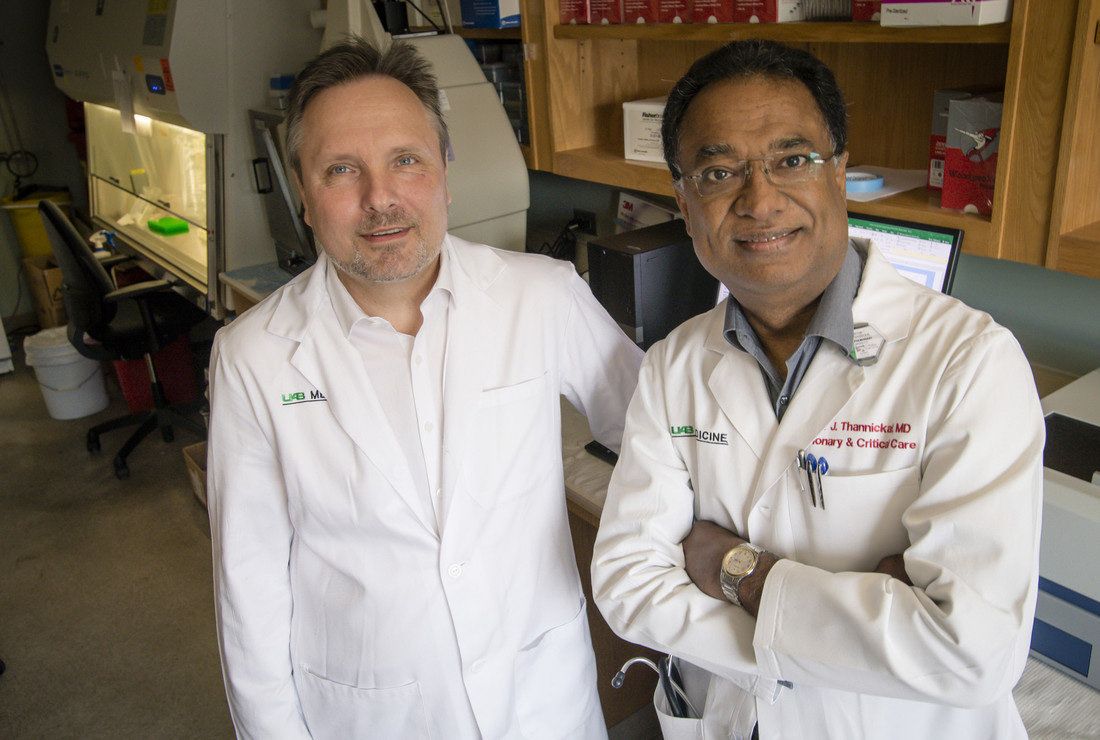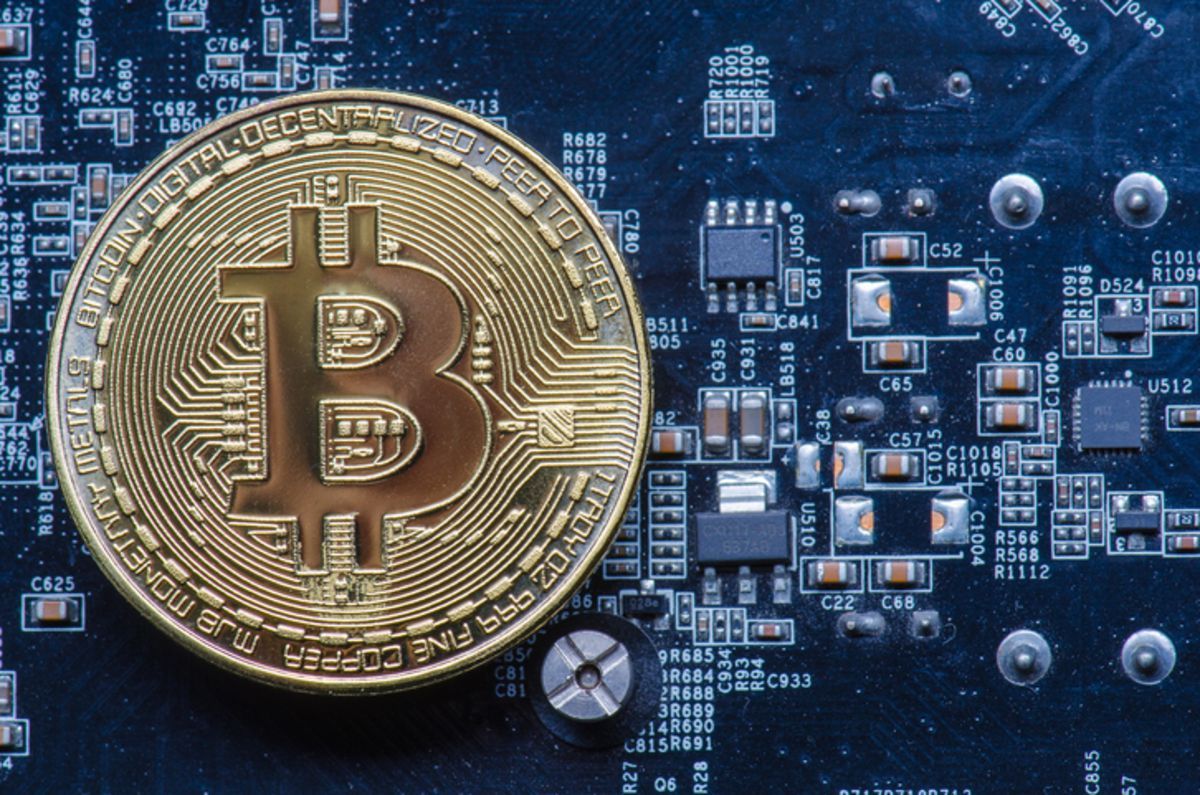There is increasing chatter among the world’s major military powers about how space is fast becoming the next battleground. China, Russia, and the United States are all taking steps that will ultimately result in the weaponisation of space. Any satellite that can change orbit can be considered a space weapon, but since many of the possible space-based scenarios have yet to occur, cybersecurity experts, military commanders, and policymakers do not fully understand the range of potential consequences that could result.
During the Cold War, the Soviet Union was interested in paralysing America’s strategic forces, strategic command, and control and communications, so that its military command could not communicate with its forces. They would do so by first causing electromagnetic pulse (EMP) to sever communication and operational capabilities, and then launch a mass attack across the North Pole to blow up US Intercontinental Ballistic Missiles (ICBMs).
In 1967, the US, UK and Soviet Union signed the Outer Space Treaty, which was either ratified by or acceded to 105 countries (including China). It set in place laws regarding the use of outer space and banned any nation from stationing nuclear warheads, chemical or biological weapons in space. However, the Treaty does not prohibit the placement of conventional weapons in orbit, so such weapons as kinetic bombardment (i.e. attacking Earth with a projectile) are not strictly prohibited.






